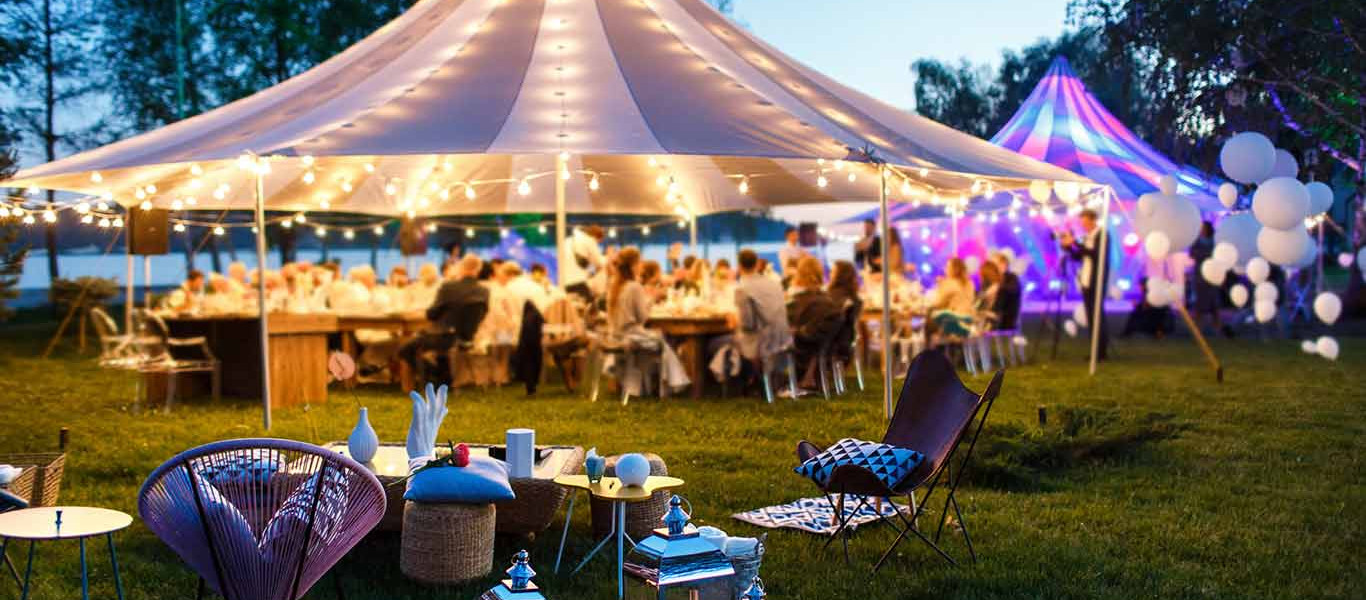Sports Venue Insurance: Stadium & Arena Protection
Operating a stadium or arena involves unique risks that require specialized insurance coverage. From hosting thousands of spectators to managing high-value events, sports venues face exposure to property damage, liability claims, and significant business interruption risks.
Understanding Sports Venue Risks
Stadiums and arenas face distinct challenges that standard commercial insurance may not adequately cover:
Crowd-Related Risks
- Spectator injuries from falls, overcrowding, or facility defects
- Crowd control incidents and security breaches
- Emergency evacuation scenarios
- Violence or disorder during events
Property Exposure
- Structural damage to seating, roofing, and playing surfaces
- Expensive broadcast and sound equipment
- Catering facilities and concession stands
- Parking structures and surrounding facilities
Event-Specific Risks
- Weather-related cancellations and postponements
- Artist or team no-shows
- Technical failures affecting broadcasts or performances
- Terrorism or security threats
Essential Coverage Components
Public Liability Insurance
Critical protection against claims from spectators, performers, and visitors. This covers:
- Slip, trip, and fall incidents
- Injuries from falling objects or structural failures
- Food poisoning from concession operations
- Crowd-related injuries and stampedes
Property Insurance
Comprehensive coverage for your venue's physical assets:
- Buildings and permanent structures
- Specialized sports equipment and installations
- Audio-visual and broadcast equipment
- Contents and furnishings
Business Interruption Insurance
Protection against lost revenue when events must be cancelled or postponed:
- Lost ticket sales and concession revenue
- Ongoing fixed costs during closure periods
- Additional expenses to minimize losses
- Loss of sponsorship and advertising income
Event Cancellation Insurance
Specialized coverage for specific events and performances:
- Weather-related cancellations
- Non-appearance of key performers or teams
- Technical failures preventing events
- Government-imposed restrictions
Specialized Considerations
Capacity and Occupancy Limits
Insurance policies must reflect your venue's maximum capacity and typical occupancy levels. Higher capacity venues face increased liability exposure and require appropriate coverage limits.
Multi-Use Facilities
Many modern venues host diverse events beyond sports:
- Concerts and entertainment shows
- Corporate events and conferences
- Trade shows and exhibitions
- Community and cultural events
Each use type brings different risk profiles requiring flexible coverage.
Seasonal Operations
Some venues operate seasonally, requiring policies that can be adjusted for:
- Off-season maintenance periods
- Reduced staffing levels
- Limited public access
- Construction and renovation work
Cyber and Technology Risks
Modern sports venues rely heavily on technology systems:
Ticketing System Protection
- Online ticket sales platforms
- Customer payment data security
- System downtime and lost sales
- Fraud and cyber attacks
Broadcast and Media Systems
- Live streaming and broadcast equipment
- Scoreboard and display systems
- Sound and lighting controls
- Security and surveillance systems
Regulatory and Compliance Issues
Safety Certifications
Sports venues must maintain various safety certifications:
- Fire safety compliance
- Structural engineering certificates
- Crowd safety management plans
- Accessibility compliance
Licensing Requirements
Different events may require specific licenses:
- Entertainment licenses for concerts
- Alcohol licenses for hospitality areas
- Food safety certifications
- Broadcasting and media rights
Risk Management Strategies
Preventive Measures
- Regular structural inspections and maintenance
- Comprehensive staff training programs
- Advanced security and surveillance systems
- Emergency response and evacuation procedures
Crowd Management
- Controlled entry and exit procedures
- Adequate stewarding and security presence
- Clear signage and wayfinding systems
- Alcohol management policies
Weather Contingency Planning
- Weather monitoring systems
- Flexible event scheduling policies
- Covered areas and shelter provisions
- Communication systems for weather alerts
Claims Examples and Case Studies
Structural Failure Incident
A section of stadium seating collapsed during a major sporting event, injuring multiple spectators. The venue's public liability insurance covered medical expenses, compensation claims, and legal costs, while property insurance funded the structural repairs.
Weather-Related Cancellation
Severe storms forced the cancellation of a major concert, resulting in significant lost revenue. Event cancellation insurance covered the venue's lost income, refunded ticket costs, and additional expenses incurred.
Cyber Security Breach
Hackers compromised the venue's ticketing system, stealing customer payment data. Cyber insurance covered the cost of system restoration, customer notification, and regulatory fines.
Choosing the Right Coverage
Coverage Limits
Ensure your policy limits reflect your venue's exposure:
- Maximum capacity and typical attendance
- Value of property and equipment
- Potential business interruption losses
- High-profile event exposures
Policy Exclusions
Understand what's not covered:
- Wear and tear exclusions
- Specific weather conditions
- Certain types of events or activities
- Pre-existing structural issues
Additional Coverage Options
- Terrorism and political violence cover
- Directors and officers liability
- Employment practices liability
- Environmental liability protection
Working with Specialist Insurers
Sports venue insurance requires specialist knowledge and experience. Look for insurers who understand:
- The unique risks facing sports venues
- Industry-specific coverage requirements
- Flexible policy structures for multi-use facilities
- Claims handling experience in the sports sector


 0330 127 2333
0330 127 2333
